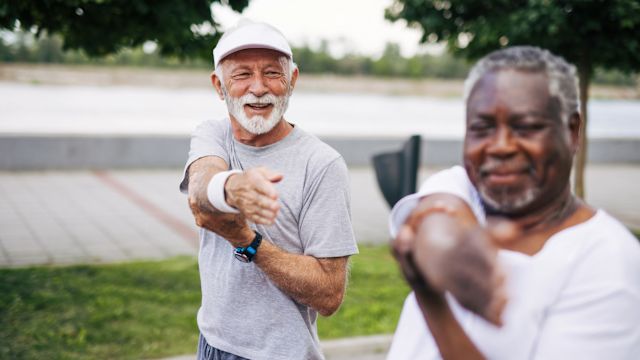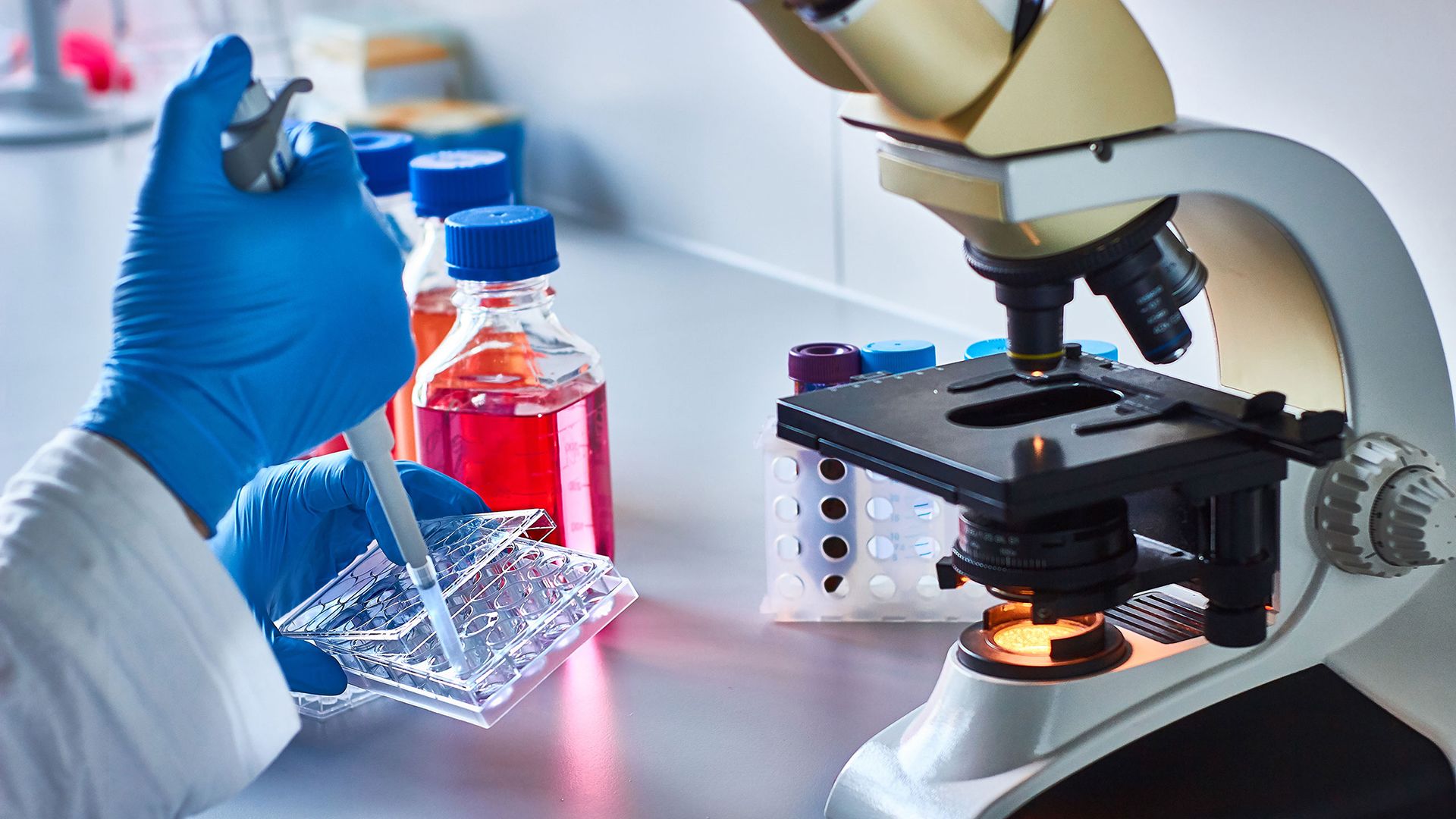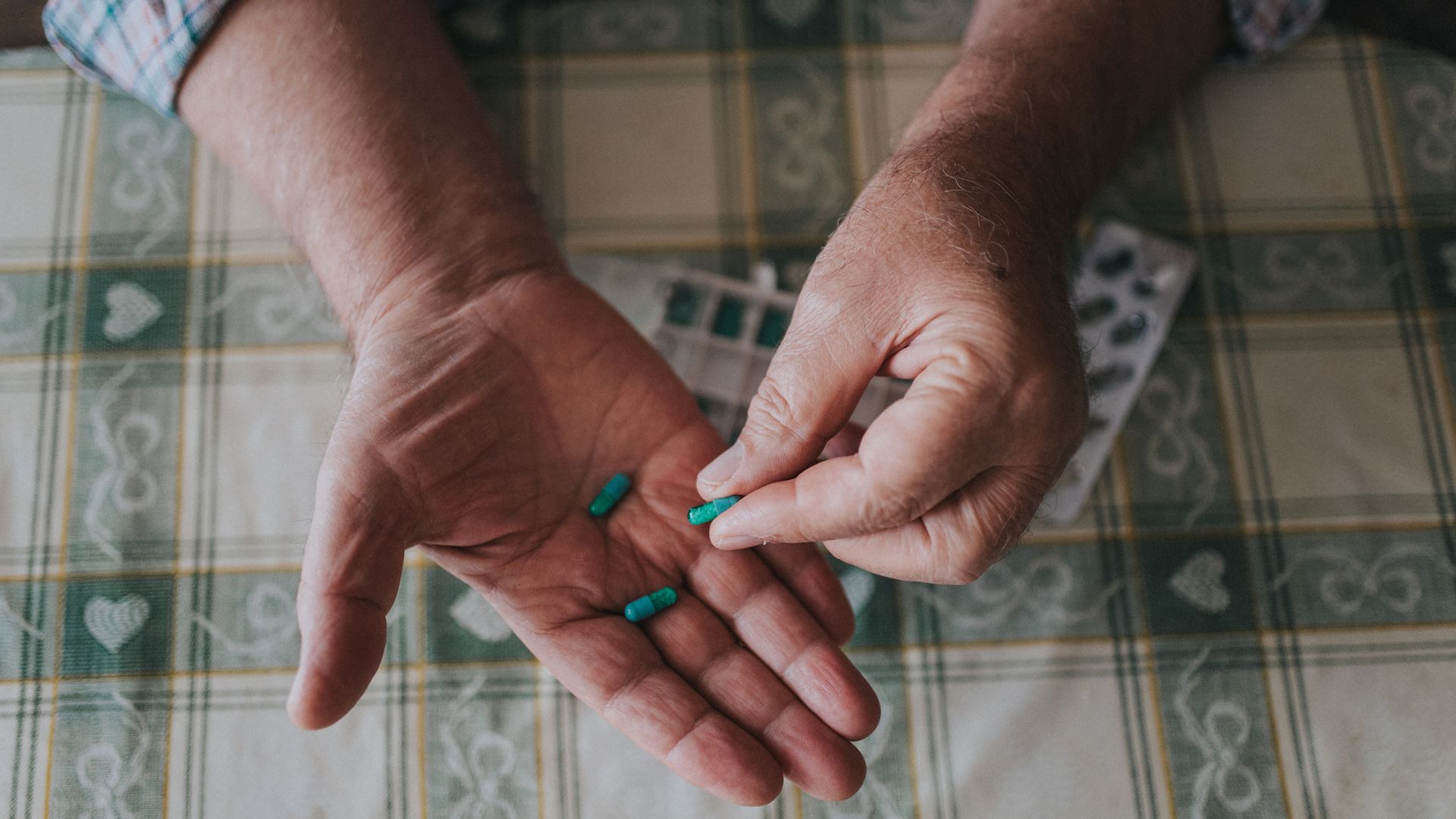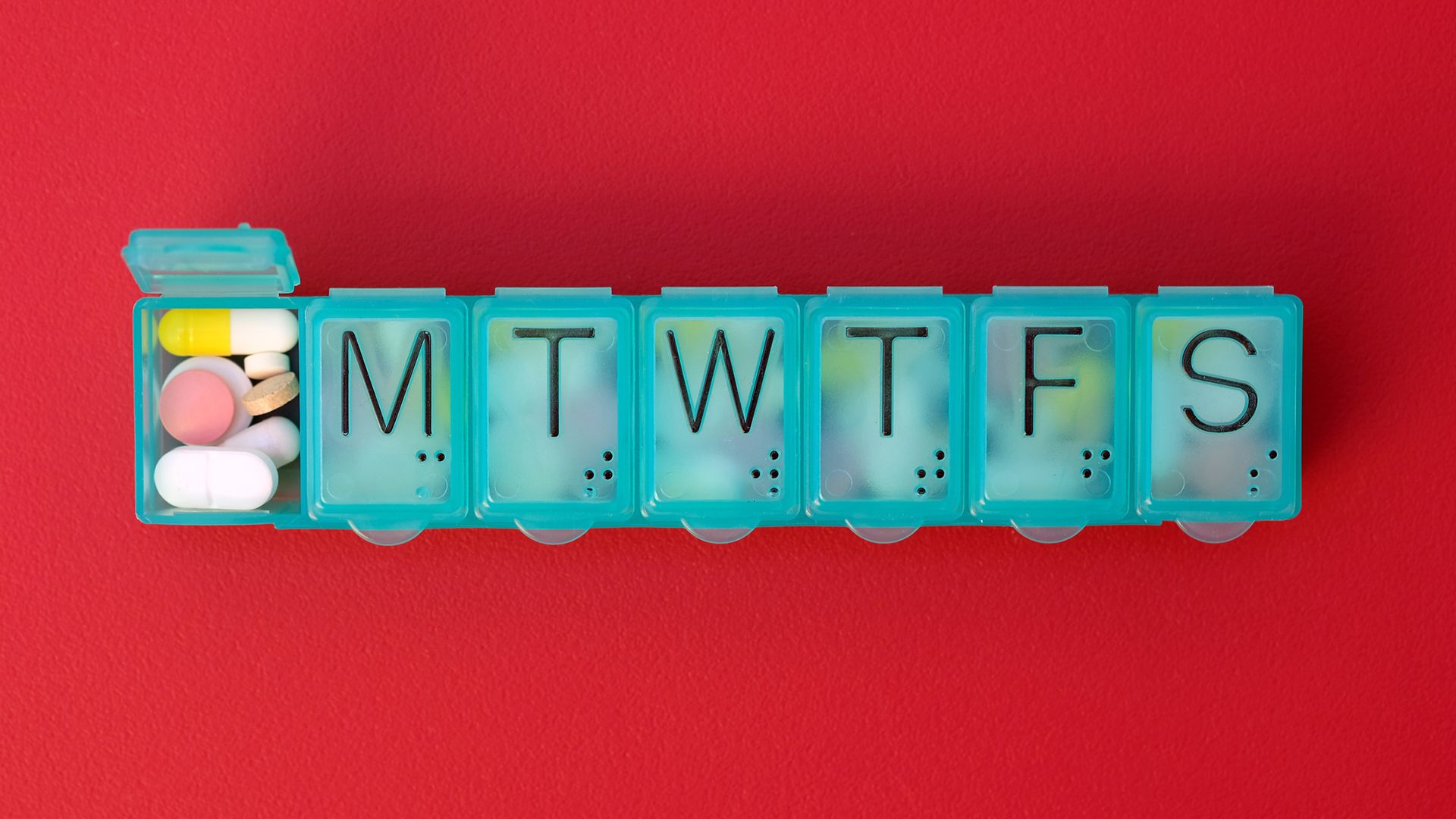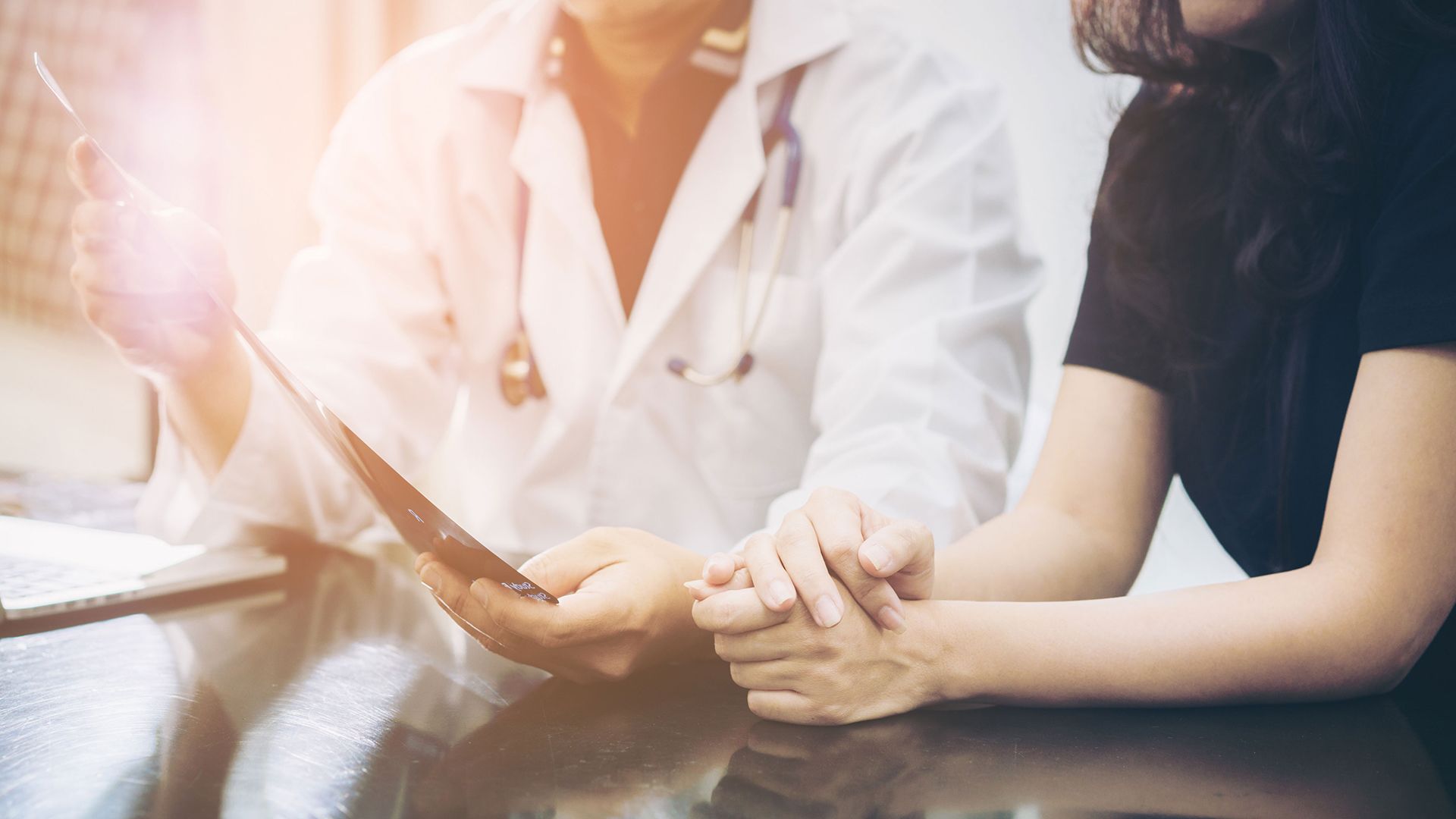As you weather treatment for chronic lymphocytic leukemia (CLL)—a type of cancer that starts from cells in the bone marrow and moves into the blood—taking good care of yourself is critical. And that doesn’t just mean making sure that you keep all of your healthcare appointments. While you do the work of getting the right therapy for your condition, you can also make changes to your daily routines to boost your overall health as much as possible.
Some of these changes are healthy at any life stage. Others might be specific to navigating the disease and its therapies in the healthiest way you can. Here are five habits to adopt for now and the future as you manage living with CLL and undergoing treatment.
Check your tobacco and alcohol
Do you smoke? Now is a good time to look at cessation programs or to explore other ways to quit. How much alcohol do you drink? Keep in mind that even in people who are cancer free, the limits considered healthy for alcohol intake are a maximum of 14 drinks per week for a man and seven per week for a woman. Some research suggests that consuming even low levels of alcohol on a regular basis is tied to an increased risk for some cancers. And the combination of smoking and drinking is also more likely to cause certain cancers (such as those of the mouth or throat) than smoking or drinking alone.
Eat with intention during treatment
Treatments for CLL can dampen appetite, cause nausea and alter your sense of taste. For that reason, your main focus during treatment may well be ensuring that you take in enough calories each day to maintain energy levels and avoid losing too much weight. Some tactics for boosting energy and maintaining weight include eating many small meals and snacks throughout the day and using calorie-rich add-ons and mix-ins such as protein powders, nut butters, cream sauces, cheese and butter.
Focus on a healthy diet after treatment.
After treatment, eating a variety of healthy foods is key, starting from a base of whole grains, beans, legumes, fish and lean meats, healthy fats, fruits and vegetables. Shoot to get at least two-and-a-half cups of veggies and two cups of fruits each day, while reducing as much as possible your intake of saturated and trans fats, added sugar and salt. It’s also important to stay hydrated, shooting for at least eight 8-ounce glasses of water per day (more or less depending on your other fluid intake from other beverages such as tea and fruit juices).
Develop an exercise routine
Inactivity during treatment—along with treatment side effects—may have left you feeling weak and fatigued, but it’s important to try to get moving again. You don’t want to do too much, too soon, so for some people, kicking off an exercise habit with short walks is a good start. Before you launch any new exercise regime, have a talk with your healthcare provider about what would be most appropriate for you. Once you’ve figured out a plan, ask a friend or family member to join forces with you in building your new habit. Healthy habits can be more fun and easier to maintain with a partner, and a friend or loved one can provide helpful doses of encouragement and accountability. And just as moving your body is important, giving it ample rest—with naps and a regular bedtime and wakeup routine—will support your physical activity.
Seek mental and emotional support
Your mind is part of your body and may need TLC, too. The sources of support you seek will be personal to you but can be anything from family and friends to peer-support groups, professional counselors, therapists or spiritual and religious figures.
